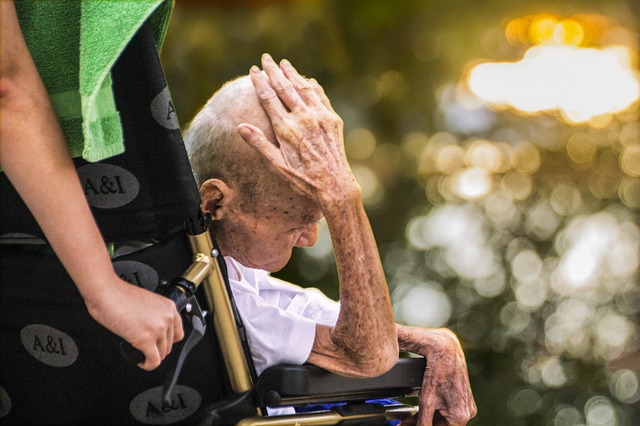Today a 72 hour special session begins at the state capitol in Tallahassee.
While arguably the hottest button issue in the state since November has been cannabis, that topic likely will not be addressed during the three day marathon of the Florida House and Senate, though Senator Rob Bradley announced his intention late this morning to introduce legislation.
Florida’s Republican party is fractured from within. Party hardliners are engaged in an ideological battle between the more progressive members of the caucus. Speaker of the House Richard Corcoran, who has been fighting with Governor Rick Scott for months over Enterprise Florida and Visit Florida, has now turned his ire toward Senate President Joe Negron. In the spirit of time I’ll save you the play by play, and direct you to this excellent reporting by the Tampa Bay Times that explores the whole mess in more detail.
In true Florida political style, the Legislature is too busy fighting with itself to honor the will of the majority of the state’s voters.
Should the Legislature decide to take up the issue of medical cannabis in special session, they’ll pick up where they left off – with an amended variation of the notorious HB1397, first introduced by Ray Rodriguez (R-Estero). The public fight over this initiative has revolved around proposed dispensary caps for the current licensees.
It won’t matter if a dispensing organization is allowed only one dispensary location or 100; If physicians are afraid to practice due to threats of pattern review panels, misdemeanor charges, and possible license suspension, the program will fail.
While we continue to monitor developments closely, it is our belief that we’ll likely see no solid legislation until at least 2018. Amendment 2, now Section 29, Article X of the State Constitution, charges the Department of Health with crafting the rules to implement it, which they are currently doing.
Compared with the alternative of a very flawed bill that would heavily restrict patient access through various mechanisms, letting the DOH flesh out the initial policy is not a negative.
Patients are getting qualified by physicians, the Office of Compassionate Use is accepting and approving patient applications, and people are going to the dispensaries or getting deliveries of their medication on a daily basis. Since we began entering patients into the Compassionate Use Registry at the beginning of April, patient numbers have increased from 9,000 to 20,000.
It may be in its infancy, but Florida’s medical cannabis program is functioning. We have a duty to our patients to continue to charge into the fog and advocate for their access. As I first reported upon the failure of the implementing bill at the end of the last session at the beginning of May, our operation remains unchanged.
We need to ensure, for the patients in the state, that all obstructions to access are removed. Doctors need to be able to rely on their professional ability to determine qualification. The Department of Health needs to streamline the ID card application process to make it much easier for patients. The dispensaries need a wide variety of products available at a price point the patient can afford.
As stated many times before, should the state willfully obstruct any access to cannabis for patients we will take the issue to the courts and likely will prevail given the language of what is now Constitutional law.
Patients, advocates, voters, and citizens need to be vigilant. If you don’t know who your state Representative or Senator is you should look it up. If you’re unsure of where they stand on the issue of medical cannabis, you should ask. Should their views align with the likes of Representative Doctor Julio Gonzalez and other prohibitionist influences, you need to respectfully fight them with proven science (like this landmark study from the National Institute of Sciences released in January). Willful ignorance and social fears that simply do not align with science should not be tolerated.
Moving forward, we need to use this implementation period to educate and advocate for a functional program. 71.3 percent of Florida decided, collectively, that people suffering from chronic illnesses had the right to another option of care. We owe it to every patient statewide to fight on their behalf.
We can do this, and sick people are depending on our efforts.

